I grew up in a small town in regional Western harvesAustralia. When I was a kid, we had a doctor in town on Tuesday and Thursday. Same with police. And I went to boarding school because there was no high school near us. When we wanted something built, the community got together, fundraised, donated their time, and occasionally, we would be able to wrangle a government grant.
Fast forward 25 years and the police rarely come to town, the doctor only comes on Thursday and kids still go to boarding school to complete their education. Such is the story of regional Australia. The city is far away, infrastructure is minimal, services are limited and our representative voices, particularly in the upper house, are invaluable.
As things currently stand, each upper house region in WA, both city and regional, have six representatives. During the recent state election campaign, Premier McGowan was asked if he had plans to introduce electoral reform colloquially known as ‘one vote, one value’. That means the number of representatives in each upper house region equates to the number of votes, the effect of which concentrates political power in the city where most of the voters reside. At the time and in response to this question, Premier McGowan said that ‘enhanced regional representation would continue and this is just another smokescreen from the Liberals and Nationals’.
Nek minnit, the election yields a rather unrepresentative result in the upper house: the Daylight Savings Party candidate was elected, on preferences, despite only receiving 98 primary votes. This is known as preference harvesting due to elaborate preference deals which allows this to occur. It’s legal but it produces awfully undemocratic results.
Anyway, on day two of the new WA parliament, electoral reform is magically on the government’s agenda using preference harvesting as the pretext. And to pretend to distance themselves from this stunningly executed backflip, the government has announced an expert advisory panel to provide recommendations as to ‘how electoral equality might be achieved’. That’s code for ‘we are going to pursue vote equality, recommend us the best process’ rather than ‘is vote equality going to improve political representation for West Australians?’
The Attorney General was coy about what ‘vote equality’ meant and it ‘depended how you divided it up’. But opposition leader, Mia Davies, noted the appointed experts were ‘academic activists who have publicly advocated for reform to introduce one vote one value’ and that ‘the panel would deliver a predetermined outcome for the Premier under the guise of equity for all voters’.
Now, I have no objection to reform to deal with vote harvesting by minor parties. The Australian Senate and most state upper houses reformed their voting system years ago to address this issue and WA is long overdue to do the same. But I do object to vote harvesting being used as a trojan horse to institute ‘one vote, one value’ reform. That is, the matter at issue is ‘how’ our upper house representatives are elected not ‘how many’ are elected.
So, why is *eyeroll* ‘vote equality’ not the electoral pet unicorn for Christmas?
Well, there are a number of reasons why regional WA need enhanced upper house representation. The tyranny of distance is one of those things: the size of regional WA means it’s difficult to travel around to the various towns to engage with the community. Additionally, many regional areas have acute social and economic issues – substance abuse and suicide are rife in many parts. Regional WA is also home to most of WA’s indigenous communities which have their own special needs. Put simply, these vulnerable communities and social issues, together with limited services, means it’s imperative regional people are properly heard and helped by the politicians elected to serve them.
Finally, mining and agriculture are major contributors to our state’s wealth and GSP; it’s a lot of output produced by relatively few people. The importance of those industries to our state, and particularly to otherwise isolated communities, means there should be an increased focus from our political class.
These are all valid reasons for regional WA retaining its upper house handicap. In fact, they are so valid that several of WA’s federal Labor representatives (hello, paging Patrick Gorman) were vocal advocates for the Northern Territory retaining its two House of Representative seats despite the Australian Electoral Commission saying population decline had caused it to fall below the mandated entitlement for the second seat. In particular, Senator Louise Pratt said that ‘one vote, one value … is not the only principle that is important in Australian democracy … our democracy recognises that people cast their votes according to what is important to them and … this can differ extremely widely between the city and the bush, between one part of the city and another, and between communities built around manufacturing or around a service sector or agriculture’. Ultimately, a bipartisan legislative amendment was passed to the Commonwealth Electoral Act 1918 to ensure the Northern Territory retained its minimum of two seats in the House of Representatives.
That makes perfect sense.
We can also look at it this way: our Federal Constitution enshrines a minimum level of representation for each of our states in the Senate. In doing this, our founders expressly rejected ‘one vote, one value’ because they knew states had distinct interests and must be represented to ensure an effective democracy. Because of their foresight, WA has 12 senators — the same as New South Wales and Victoria –– despite a significantly lower population. It’s unimaginable that the WA Labor party would support reduced WA representation in Canberra just to die on the ideological hill that is ‘vote equality’. And we saw this additional representation play out practically when WA Liberal representatives advocated for WA to receive a greater share of the GST, and at that time, warned of the danger of concentrating power in Sydney and Melbourne when mining in the Pilbara was propping up the budget.
The fact is, this notion of ‘vote equality’ only looks at one isolated aspect of political representation. It assumes that everyone lives up the road from their local MP, that everyone can just duck down to a doctor whenever they need to and that their kids can go to the local high school. There is more to representational equity than a singular population-based formula.
Now, despite McGowan winning in a landslide, he is still obliged to govern for all Western Australians. And although regional WA historically votes conservatively, it did (imprudently) reward the McGowan government for its performance during the pandemic. But what about the future? It’s not in WA’s interest to silence the economic engine of the state, disenfranchise our vulnerable indigenous communities, and neglect to invest in the future of regional Western Australia. It will actively marginalise the people who need representation the most and I suspect that desire to reward McGowan will result in a long, punishing, and potentially unrecoverable, hangover for regional WA.
The irresistible conclusion is that this move towards ‘vote equality’ is a cynical attempt to suppress political opposition. We should be better than that. We shouldn’t impose superficial equality which creates real disadvantage just to serve a political end.
History won’t remember this attempted political knee-capping kindly.
Caroline Di Russo is a lawyer, businesswomen and unrepentant nerd.
Got something to add? Join the discussion and comment below.
Get 10 issues for just $10
Subscribe to The Spectator Australia today for the next 10 magazine issues, plus full online access, for just $10.

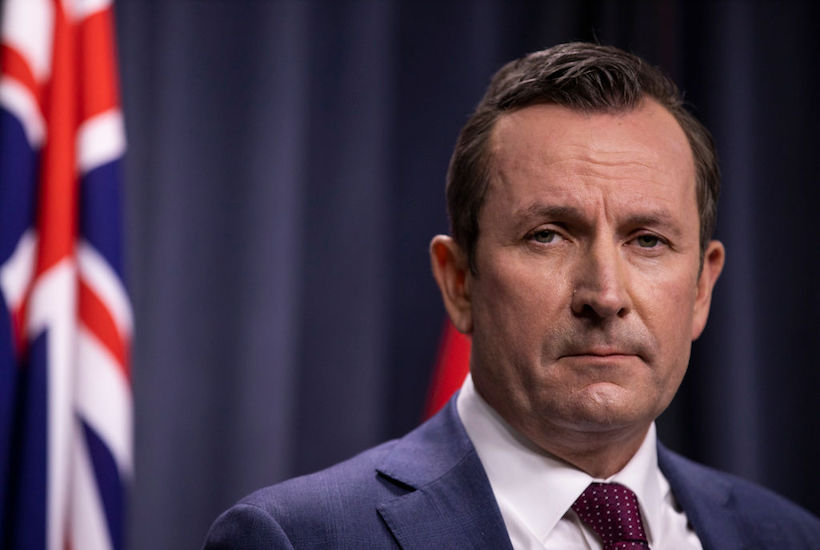
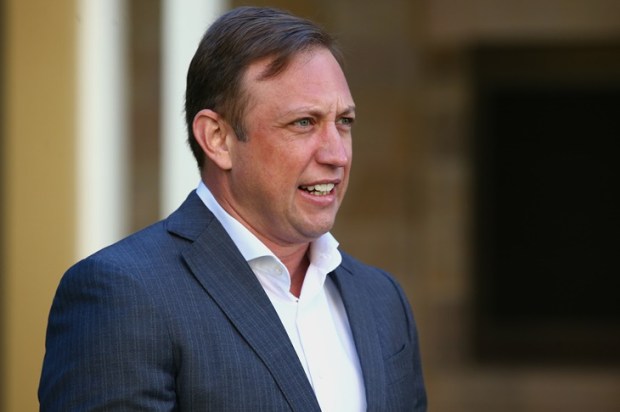
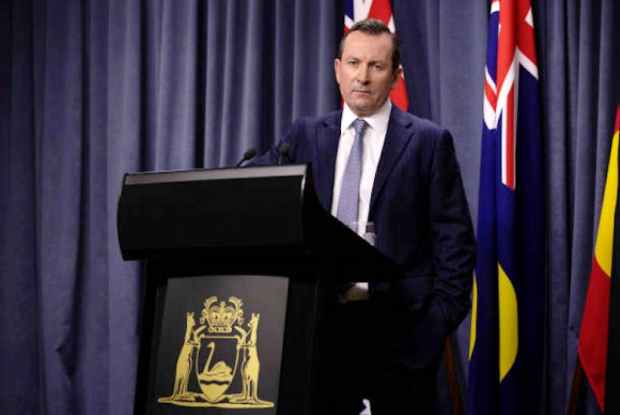
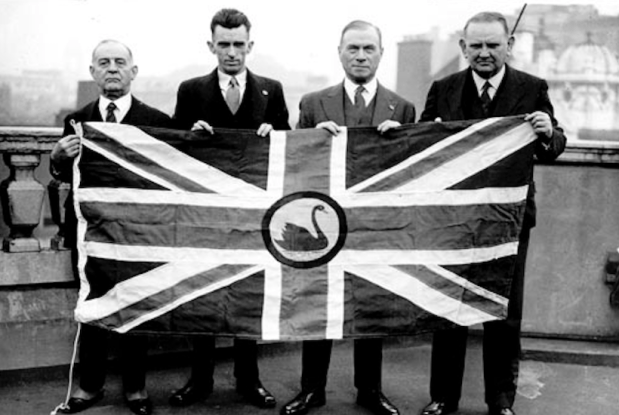
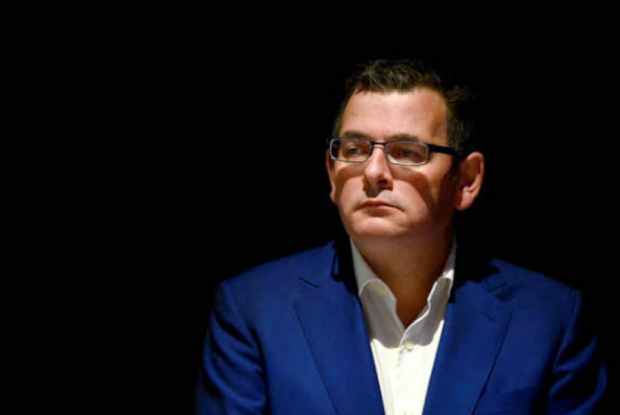

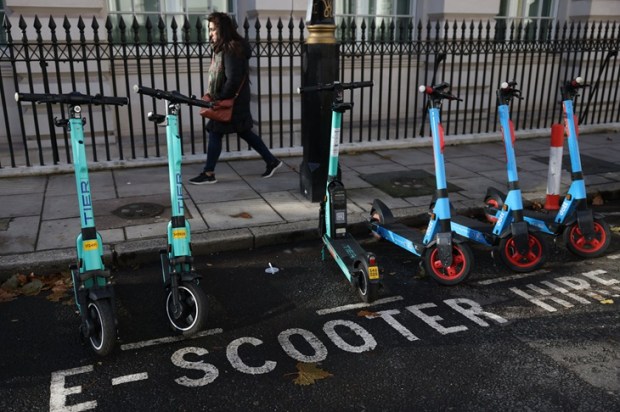


















Comments
Don't miss out
Join the conversation with other Spectator Australia readers. Subscribe to leave a comment.
SUBSCRIBEAlready a subscriber? Log in